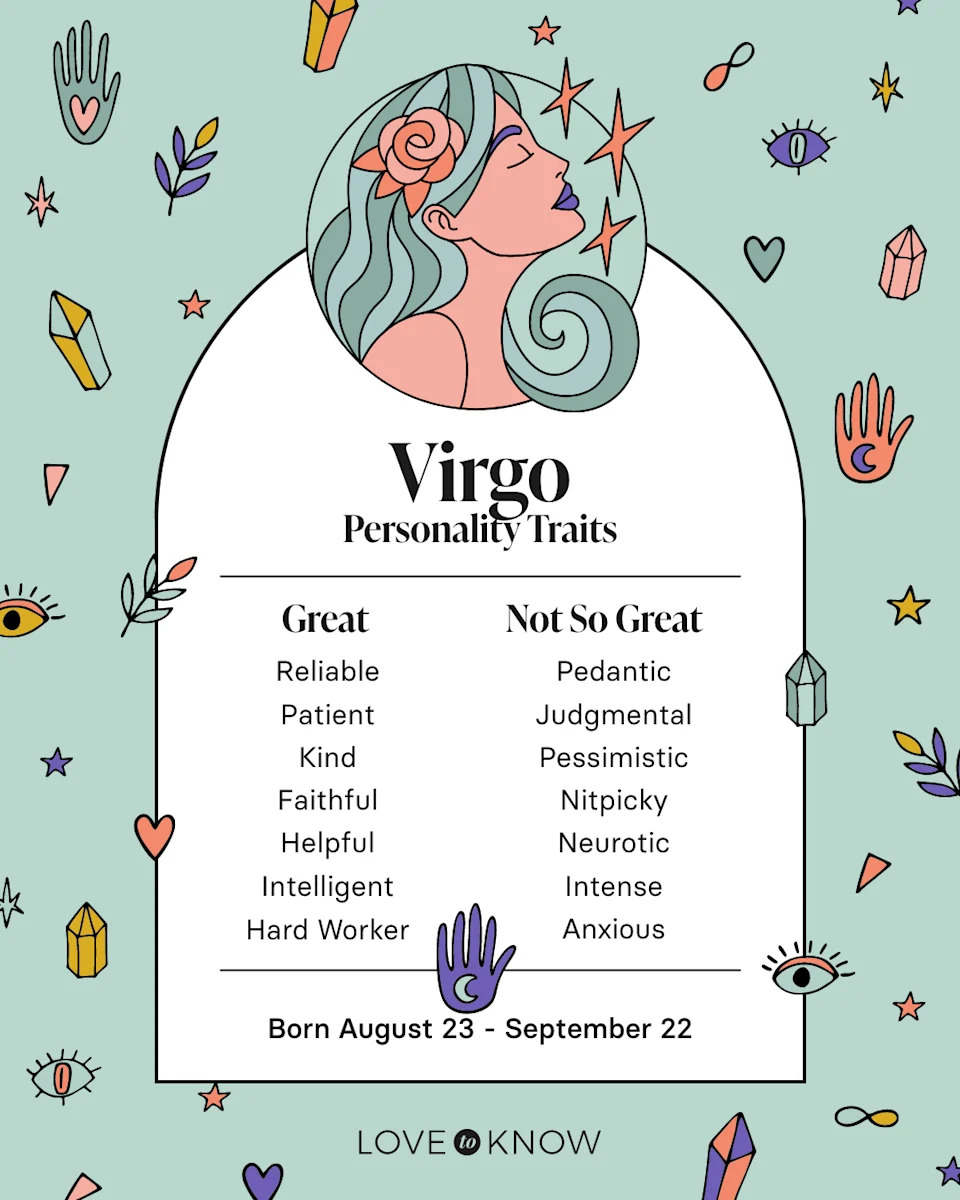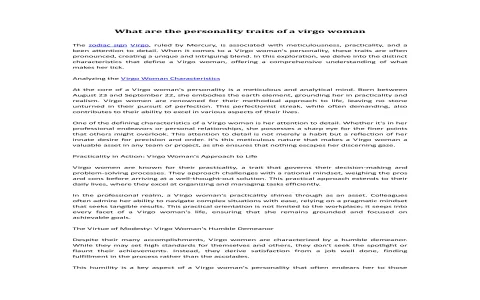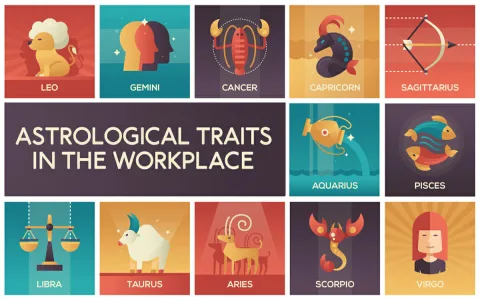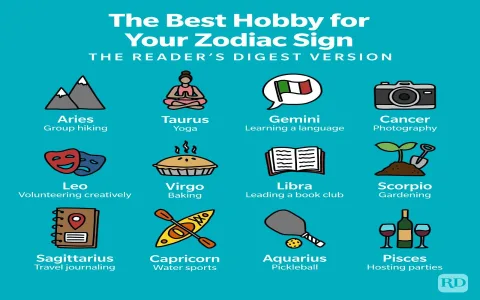I swear, I never thought I’d be writing about Zodiac signs and relationship dynamics, especially not mine. I always figured this self-help stuff was for other people. But here we are. This whole thing kicked off about eight months ago, right after we decided to rip out the kitchen.
My girl, she’s a textbook Virgo. I knew this, but when you introduce sawdust and contractors into the mix, that “textbook” suddenly becomes a nuclear reaction. I walked into the house one evening after work, and she was standing in the living room, crying, holding a blueprint that was already obsolete. Why? Because the contractor had put the cabinet pull three millimeters too high. Three millimeters!
I tried to tell her it was fine, we could live with it, nobody would notice. Big mistake. Huge. She snapped, absolutely lost it. Said I didn’t respect her, didn’t respect the investment, didn’t respect her standards. It wasn’t about the cabinet pull, was it? It was about control, and the constant, crushing pressure she puts on herself. I started feeling like I was walking on eggshells 24/7. Every single disagreement felt like an audit. We were fighting constantly. I was ready to walk away, honestly. I was totally burnt out just trying to keep up with impossible expectations.

The Tipping Point: Realizing I Was the Problem Too
The breaking point came when I blew up over a simple argument about grocery lists. I realized that my strategy of “ignoring the small stuff” was just ticking her off even more. I recognized I couldn’t change her, but I sure as hell had to change how I reacted to her need for order. The alternative was losing the whole relationship, and I wasn’t willing to let that happen just because I couldn’t figure out a sock drawer system.
So, I shifted gears. I decided I had to stop seeing this as her flaw and start seeing it as our problem. My first step was admitting I knew nothing. I grabbed every self-help book, every messy online forum, and every terrible YouTube video I could find about Virgos and anxiety. I dove in. I needed a strategy, not just empathy.
I cataloged every major fight we’d had over the last year. I mapped out the triggers. It wasn’t always about cleaning. It was about plans changing, unexpected interruptions, and feeling unprepared. My initial thought was, “If I just proactively clean everything, she’ll be happy.” That lasted maybe two days. She still found something wrong, and frankly, I felt like a child being tested. That method failed hard.
Then I tried the “just let her fix it herself” approach. That led to her spiraling into solo misery, feeling unsupported and resentful. Fail number two. I realized the core issue wasn’t the task itself; it was the need for acknowledged effort and shared structure, even if the structure was entirely hers.
Building the Framework: Three Non-Negotiable Rules
After a few miserable weeks of trial and error, I implemented three specific changes that actually stuck. These are the records I’ve kept meticulously, the small wins that added up to a big change:
- Pre-emptive Scheduling: I stopped springing things on her. Spontaneity equals panic for her. If I wanted to go out Friday, I had to bring it up Tuesday. I learned to respect the internal scheduling mechanism of a Virgo brain. I now present all plans as suggestions for her to refine, not final decisions.
- The Validation Loop: This was the biggest game changer. Instead of fighting the perfectionism, I validated the standard first. If she pointed out a tiny imperfection, I would say, “You’re absolutely right, that grout line is uneven. That’s probably really frustrating for you.” I refused to minimize her feeling, even if I thought the cause was stupid. By validating the feeling, I removed the need for her to escalate to prove the feeling was real.
- Controlled Chaos Zones: We literally designated spaces in the house where “good enough” was the rule. My office desk is a disaster zone. Her crafting corner is a disaster zone. We committed to leaving those zones alone. This gave her a pressure valve—a place she didn’t have to constantly optimize, and crucially, a place where I was free from audit.
The Shift: From Audit to Optimization
The turning point came last month. We were planning a big overseas trip. Old me would have booked everything and presented the itinerary as a done deal. This time, I handed over the research packet I’d put together—flights, hotels, possible tours—and simply asked her to refine it. I didn’t try to dictate the final choice. I just offered the foundation and the resources.
She took the packet, spent three hours optimizing the schedule to within an inch of its life, comparing three different currencies and six different routes, and when she was done, she actually looked relaxed. She wasn’t stressed. She was fulfilled. I understood then that perfectionism isn’t just criticism; it’s an application of intense energy that needs a safe, productive place to land. If you create a safe structure for that energy, it stops targeting the relationship.
It’s still a work in progress, believe me. But now, when I see that frantic look in her eyes about an uneven stack of towels, I know it’s not an attack on me. It’s a plea for structure and security. And I respond by helping build the structure, not by telling her to chill out. That right there is the key: Don’t fight the standard; respect the need behind the standard. It saved us, plain and simple.







